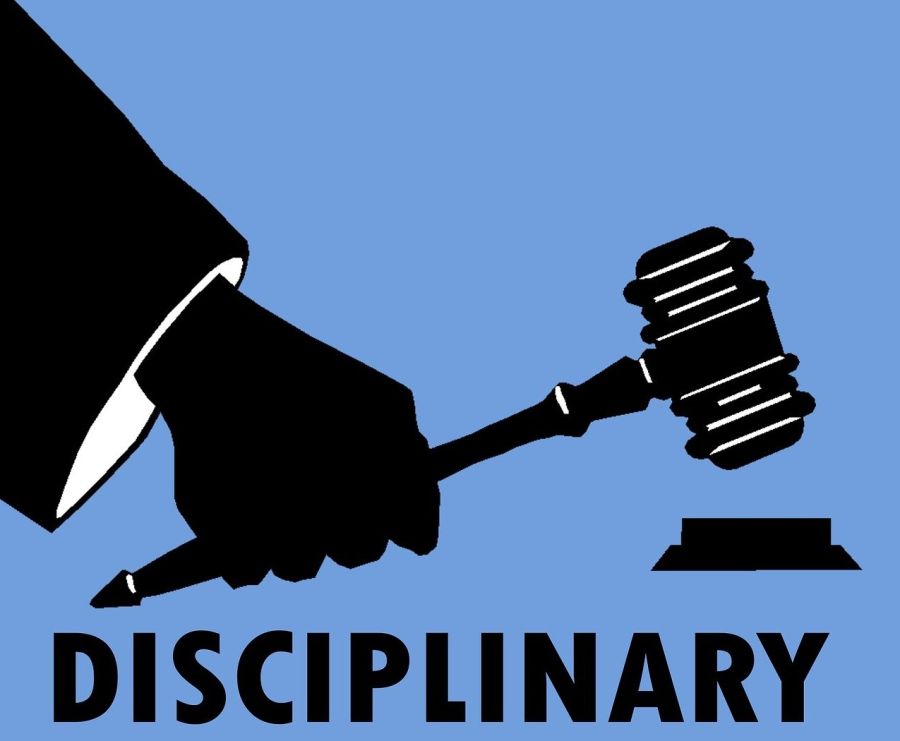Case Studies

Case Studies
Call us today for a free initial consultation on 0800 772 0341
Disciplinary for WhatsApp messages
Published 13 October 2025

The idea of having to fight to save your job because of offensive posts you did not see in a work group chat may seem unlikely – but that is exactly what happened to Courtney.
The newly promoted assistant manager at a discount store was suspended from work with four senior colleagues, over messages about a store assistant sent many months earlier in a managers' WhatsApp group chat.
By the time Courtney was made aware of the allegation the messages - using crude language and expletives to describe the employee as incompetent, mock her weight and appearance and criticise her personal life and partner - had been deleted.
Courtney, who had worked for her employer for four years, was invited to a fact-finding meeting as part of the disciplinary investigation.
During the meeting, the investigating manager read out the messages but did not show them to Courtney.
She explained the employee in question was a problem, was insistent she did not see the messages, and accepted what was read to her was unprofessional and highly offensive.
It emerged during her interview the messages had been posted in the group over six months earlier but Courtney was not given a date.
She was subsequently invited to a formal disciplinary hearing. It was to face allegations of unprofessional conduct and a breach of the company code of conduct, which
if found proven could lead to dismissal.
When Courtney contacted our Employee Support Centre for help she was extremely worried.
She had learned by that time that the manager who was the administrator of the group had been dismissed following his disciplinary hearing. Two other colleagues had also been dismissed and were claiming unfair dismissal, and one had resigned.
Courtney was adamant she had not done anything wrong. She was desperate to prove her innocence which she explained to our trade union representative, who would support her through the disciplinary process.
With the invite to the disciplinary hearing screenshots of the messages were finally provided for the first time, but there was a problem with the evidence.
The names of the individuals who posted the messages and dates had been redacted on the screenshots.
Our trade union representative contacted the employer to request the names and dates. The employer initially refused claiming the names could not be revealed for data protection reasons.
This was robustly challenged by our trade union representative in subsequent email correspondence during which he asserted that Courtney needs to know who actually posted the offensive messages so she can defend herself properly.
He made the point that without that information, the disciplinary process would be unfair and the information to support the allegations would be insufficient, which could be considered a breach of the ACAS Code of Practice.
Names and dates were eventually provided for each message used as evidence, which proved crucial when our trade union representative presented Courtney’s case at the disciplinary hearing.
He demonstrated that Courtney was on annual leave at the time the messages were posted. Her typical participation in the group was outlined and presented to the hearing chair.
It was noted that three days before the offensive messages appeared, Courtney had started annual leave and had not posted any messages in the group during the entire two-week period she was off work.
Our trade union representative told the hearing that Courtney had muted group notifications while on leave, during which he was able to show the hearing that nearly 100 messages were exchanged.
Her first message in the group after her time off was in response to a serious incident involving a store assistant being attacked by a shoplifter. Our trade union representative said that as a result of this, she did not read the earlier messages in the group and did not know about or see the offensive messages that formed the basis of the disciplinary action.
It was emphasised by our trade union representative that there was no evidence Courtney had sent, seen or responded to the messages in question. Based on the facts presented, it was argued that pursuing disciplinary action against her was grossly unfair.
Following the conclusion of the hearing Courtney was cleared of the allegation.
A reputation built on success
If you're facing any of the issues in this article - or need guidance on disciplinary, grievance, or redundancy matters - call us today. Our expert Trade Union Representatives are available to represent you in crucial workplace meetings, with pay as you need support.